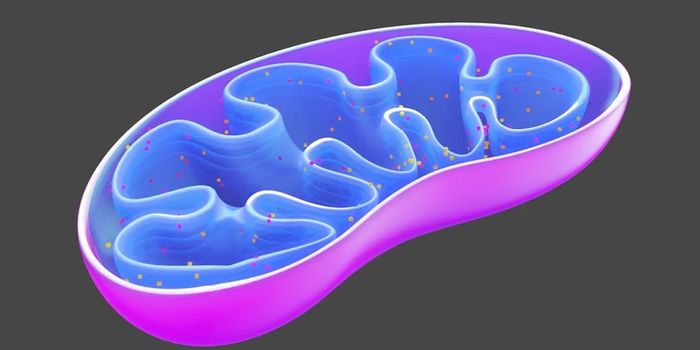Dendritic Cells Found Inside Growing Tumors
The immune system pulls out all the stops to try and prevent cancer cells from replicating and moving throughout the body, but tumors have their own methods of evasion. However, while in the past experts thought that cancer cells completely inhibited dendritic cells from activating the immune system, new findings show that dendritic cells are present after all.
Dendritic cells are the immune cells charged with initiating the immune response by processing antigens found in the bloodstream and making them visible to other immune cells. In a recent study from The Flanders Institute for Biotechnology (VIB), researchers found two dendritic cell types living within tumors: cDC1 and cDC2.
Both of these dendritic cells are connected to different immune responses, and they are both present in human and mouse tumors. In their discovery of these two immune cells in tumors, researchers were extremely surprised.
However surprising the finding, researchers from the VIB are now focused on a type of cancer “vaccination” using cDC1 and cDC2 to inhibit current cancer growth and prevent future growth. Their new approach is to take dendritic cells from surgically-removed tumors for “vaccination.”
"We believe that DCs taken from tumors are well-suited for cancer immunotherapy, since they've been confirmed present within removed tumors and cause a strong anti-tumor response even in low numbers,” explained professor Van Ginderachter.
The connection between dendritic cells and cancer immunotherapy has been heavily researched, and now Ginderachter has his sights set out understanding why some tumors respond to cDC2 better than cDC1 and vice versa.
“Logically, the next step will be to find out whether vaccination will be successful in a therapeutic setting,” Ginderachter said. “We will have to remove the tumor, isolate the dendritic cells and then re-inject them into the same individual to discover whether we can prevent the formation of new tumors and relapse of the main tumor.”
The study was recently published in the journal Nature Communications.
Sources: VIB, The Rockefeller University









